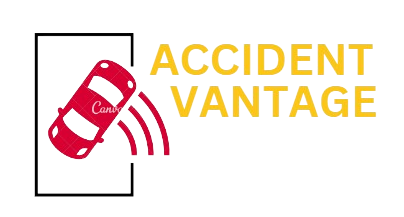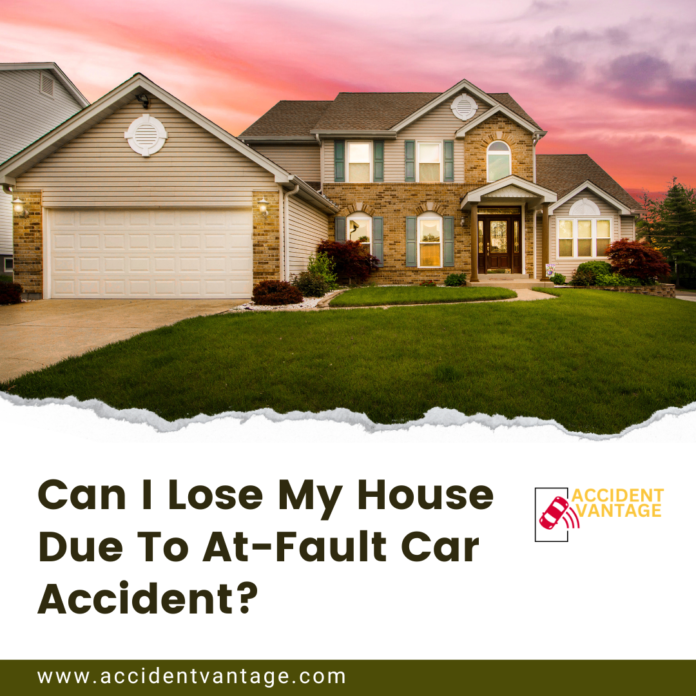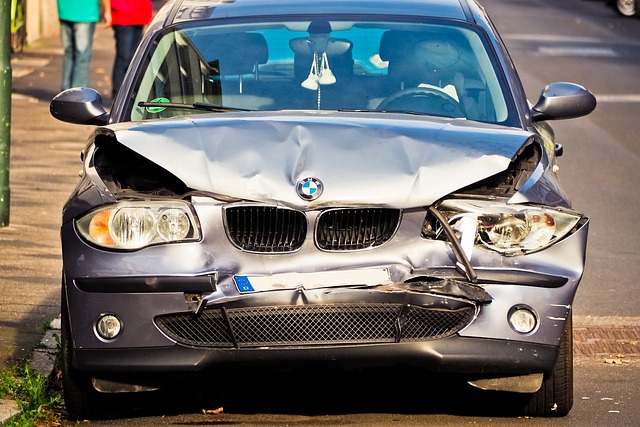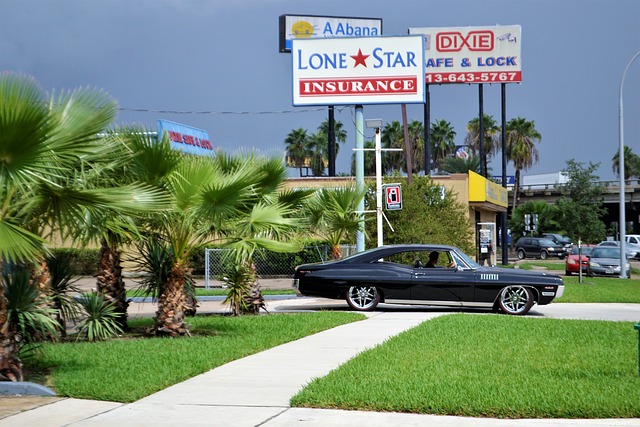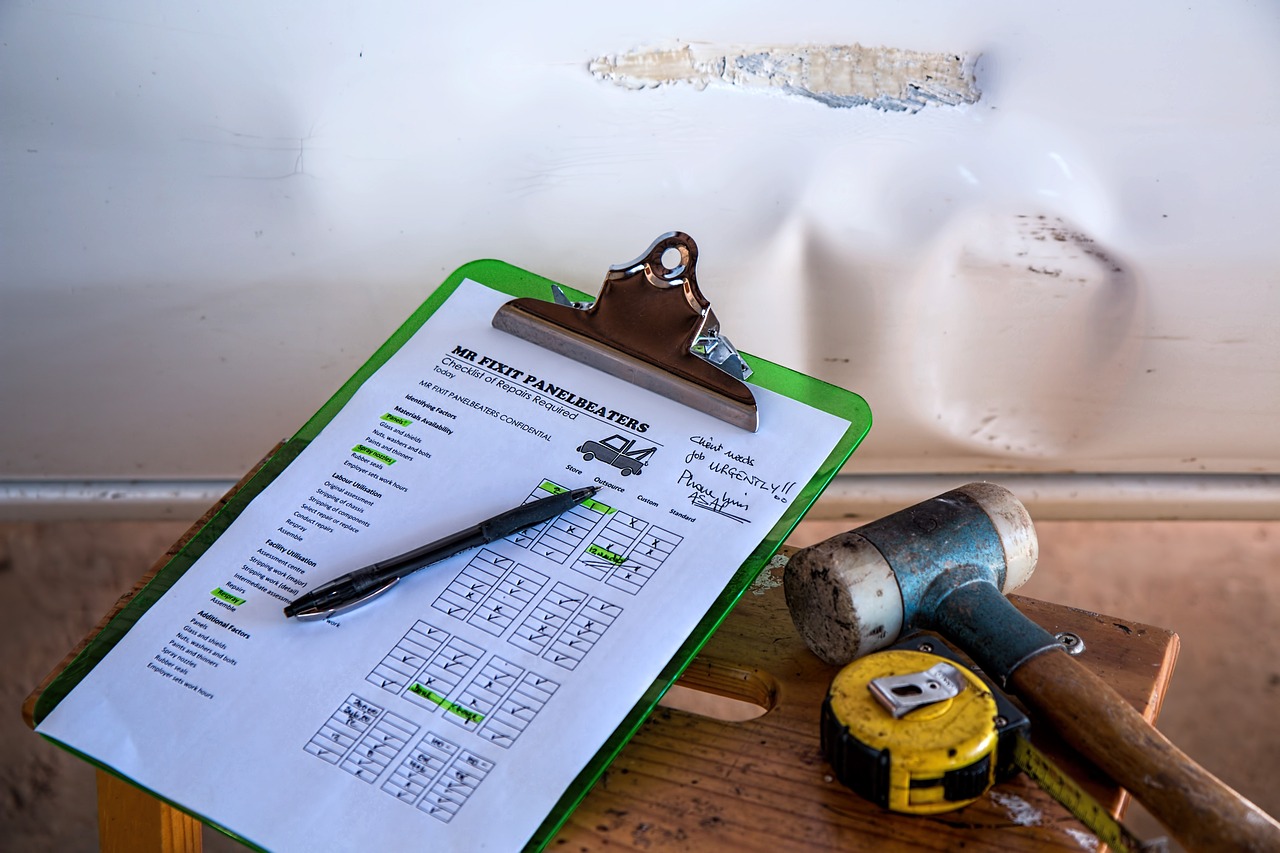The question, “Can I lose my house due to an at-fault car accident?” carries weight and complexity. Car accidents, unfortunate as they are, can lead to a cascade of legal and financial consequences. One common worry that looms over those involved in at-fault car accidents is the potential loss of their house. The fear of losing a valuable asset due to the aftermath of a collision can be unsettling. However, the reality is more nuanced than immediate asset forfeiture.
In this comprehensive guide, we’ll try to answer your question best, “Can I Lose My House Due To At-Fault Car Accident?” and delve deep into the complex world of at-fault car accidents, liability, protection measures, and prevention strategies to ensure that you’re well-informed and prepared.

Can I Lose My House Due To At-Fault Car Accident?
The concern of whether you can lose your house due to an at-fault car accident is a significant worry for many who find themselves grappling with the aftermath of a car collision. This worry, however, demands a nuanced understanding. It’s not a simple yes or no; instead, it hinges on various variables that intersect with liability coverage, insurance policies, and legal provisions.
Liability coverage:
Liability coverage is a cornerstone in this scenario. This type of insurance is designed to address the financial repercussions of accidents where you are at fault. Each insurance policy carries a specific liability coverage limit, representing the maximum sum the insurer will pay out for a single accident.
Here’s where it gets intricate: if the expenses linked to the accident surpass your liability coverage, you could potentially be held personally responsible for the remaining amount. Picture a situation where your policy’s limit is $50,000, yet the overall damages tally up to $100,000. In such a case, you could be on the hook for the remaining $50,000.
When you’re unable to cover these extra costs out of pocket, it’s conceivable that the injured party might initiate legal action to recover the remaining damages. This introduces the possibility that your assets, including your house, could be scrutinized.
Insurance policies
Shielding your assets in this context involves aligning your liability coverage with your overall net worth. If your net worth, encompassing the value of your home and other assets, is considerably higher than your coverage, then an umbrella policy might offer the added safeguard you need. This type of policy extends beyond the standard auto insurance, granting an additional layer of protection.
State Laws
States also play a significant role in this equation, as laws can vary widely. Some states implement homestead laws, which safeguard a portion of your home equity from creditors, even in the context of lawsuits.
While the thought of losing your home due to an at-fault car accident is distressing, understanding the mechanisms at play is crucial. Ensuring your insurance coverage is in harmony with your financial situation, considering additional policies for added protection, and familiarizing yourself with your state’s laws can go a long way in securing your assets.
At-Fault vs. No-Fault States
When considering the possibility of “Can I lose my house due to an at-fault car accident?” the state’s fault system matters. In an at-fault system, the responsible driver pays for all damages. In no-fault insurance, victims can sue only for non-economic damages. No-fault covers medical bills and lost wages.
Some states, like Pennsylvania, offer a choice between at-fault and no-fault insurance, adding complexity. Each case varies, even when the fault seems clear. Legal help in the accident state is vital.
Read more: Crashed in a Head On Car Accident? Hire The Best Head On Car Accident Lawyer!
Possible Risk to Assets, Including Your Home
In specific situations, your assets, like your family home, might be in jeopardy.
Just like in many legal cases, it’s hard to predict the exact outcome of “Can I lose my house due to an at-fault car accident?” until all the facts are considered. Whether your home could be affected depends on factors such as:
- Is the driver who caused the accident insured?
- What are the insurance coverage limits?
- How severe do the victims suffer the injuries?
- Are the injuries life-changing?
- What are the costs for recovery and potential income loss?
- Were there other factors contributing to the accident?
- Is the at-fault driver the sole responsible party?
- Considering these factors and more, it’s important to understand that, in certain situations, a home owned by the at-fault driver could be at risk.
Liability Coverage and Damages – All You Need to Know
Liability coverage and insurance stand as a crucial safety net in car accidents. It’s a form of protection designed to handle the financial aftermath of an unfortunate incident where you’re deemed at fault; when your actions lead to injury or damage to another person’s property, liability insurance steps in to shoulder the financial burden.
Understanding The Role of Coverage Limits
Within liability insurance lies a concept known as coverage limits. This is a predetermined monetary cap that signifies the extreme amount your insurance provider will pay in the event of a single accident where you’re held accountable. Think of it as an invisible boundary that marks the extent to which your insurance company will be responsible for settling the incurred costs.
The Gap Challenge: When Damages Surpass Your Coverage Limit
In certain unfortunate scenarios, the magnitude of the damages incurred can exceed the protective umbrella of your liability insurance coverage. Picture this: You’re involved in an accident where the financial toll breaches your coverage limits. If your policy safeguards up to $50,000 and the actual costs spiral to $100,000, you’re left with a gap of $50,000 that you’re expected to address personally.
This precarious gap could propel you into a situation where your personal assets, including your house, could be at risk. Should the injured party decide to pursue legal action to recuperate the remaining costs, your home might find itself in the spotlight as a potential target.
As such, the question of “Can I Lose My House Due To At-Fault Car Accident?” could be jeopardized because an at-fault car accident hinges on the interplay between the extent of damages and your coverage limits. This intricate relationship between liability insurance and potential vulnerability underscores the significance of making informed decisions about your insurance policy and exploring supplementary layers of protection.
Legal Complexities Across States
It’s essential to consider that different states have varying laws that impact the extent to which your assets might be at risk. Some states have homestead laws that safeguard a portion of your home equity from creditors. However, the level of protection offered varies, and it’s crucial to be aware of your state’s specific regulations. Understanding your state’s stance on asset protection can be pivotal in securing your home from potential loss.
Can I Lose My House Due to an At-Fault Car Accident in the United States?
Car accidents are a common cause of personal injury cases in the US. If you’ve been injured in a car accident that wasn’t your fault, you might wonder if you can sue the other driver. The answer depends on factors like the extent of your injuries, the damage to your car, and who was at fault.
To file a lawsuit, you’ll need to prove the other driver’s negligence. This means showing they didn’t exercise reasonable care while driving. Collect evidence about the accident, including witness statements, the police report, and your medical records.
Consulting a personal injury attorney is crucial. They can assess your case’s strengths and guide you through the process. If your case goes to court and you’re found liable, you could face a judgment that requires selling your home to pay for damages. This is called an execution sale.
However, you can safeguard your home equity by declaring bankruptcy. Filing for bankruptcy triggers an automatic stay, stopping collection actions, including execution sales. This can help protect your home and offer you a fresh start.
Can I Lose My House Due to an At-Fault Car Accident in New York?
Yes, it’s possible to lose your house if you’re found at fault in a car accident and face a lawsuit. In such cases, if a court orders a judgment against you, your house might be sold in an execution sale to pay the judgment. This could lead to the loss of your home. However, declaring bankruptcy can protect your home equity and provide a way to keep your home while navigating the aftermath of a car accident lawsuit.
Can I Lose My House Due to an At-Fault Car Accident in Florida?
In Florida, under the homestead exemption law, at-fault drivers typically cannot lose their homes in a lawsuit related to a car accident. This protection applies even if the court issues a negative financial judgment. Florida’s homestead exemption safeguards a person’s primary residence from being seized in such cases.
After a car accident, taking the right steps is crucial to safeguard your assets and minimize liability, especially if you’re suspected of being at fault. Stay at the accident scene, avoid admitting fault, and provide truthful information. Document the accident with photos and gather witness contacts and insurance details.
Seeking medical attention promptly is vital for your well-being. Regardless of fault, Florida’s no-fault system requires up to $10,000 of personal injury protection or PIP insurance coverage.
Consult an attorney promptly if you believe you were involved in the accident. They can assist with insurance claims, interactions with law enforcement, and protecting your assets. If requested to provide a financial affidavit by insurance companies, legal guidance can help limit your asset exposure.
Read more: What Is A Head-On Collision? – Causes, Injuries, And Law For Head Collisions
Can I Lose My House Due to an At-Fault Car Accident in Louisiana?
If you’re in Louisiana and involved in a car accident that’s your fault, you might be worried about losing your house. Here’s what you need to know:
Liability insurance is vital. In Louisiana, drivers need a minimum amount of liability insurance. This coverage pays for damages caused to others in an accident you’re responsible for, including medical bills and property damage.
Trouble arises when damages surpass your policy limits. If this happens, you could face lawsuits that put your personal assets at risk, including your house. Imagine you have the minimum required insurance, but the accident costs double your coverage – you might be sued for the remaining amount.
To safeguard your assets, consider a few steps:
- Get enough coverage: Most insurers offer more than the minimum. More coverage means better protection.
- Umbrella policy: Think about extra coverage beyond auto and home insurance limits for added safety.
- Act wisely: Don’t talk to your insurer without consulting car accident lawyers after an accident. They can guide you to protect your interests.
Remember, car accident cases can be complex. If you’re in a tough spot, a skilled attorney can help you understand the law and guide you through the process to protect your assets.
Can I Lose My House Due to an At-Fault Car Accident in California?
If you’re wondering whether a car accident you caused in California could lead to losing your house, here’s what you need to know:
Liability insurance is crucial
All California drivers must have liability insurance covering both at-fault drivers and accident victims. It pays for injuries caused by at-fault drivers and helps injured parties get compensation for their injuries.
Insurance Policy Limits Matter:
Every liability insurance policy has limits on the maximum amount the insurance company will pay. California mandates a minimum amount of liability coverage for all drivers, which includes:
- $15,000 in physical injury coverage per person per injury
- $30,000 in bodily injury coverage per accident
- $5,000 in property damage accountability
Is Liability Coverage Enough for a Car Accident?
Having liability insurance can cover damages up to policy limits when someone sues you over an accident. But severe accidents might lead to expenses beyond these limits. Victims can target your assets, including your home, to compensate in such cases.
Out-of-court settlements are wise to avoid hefty personal injury claims from trials. Insufficient coverage could cause issues, and if evidence is strong, you might pay significant compensation.
This compensation might exceed policy limits, requiring you to pay out of pocket potentially forcing you to sell your house. Consulting an expert attorney for insurance advice is crucial for better protection, including collision and underinsured coverage.
Shortcomings of Minimum Coverage:
The challenge arises because these limits often fall short of the actual financial losses in an accident. Medical bills alone can exceed $15,000 for one person, and vehicle damage frequently surpasses the $5,000 minimum.
Potential property loss:
If you’re found liable for an accident and can’t pay the resulting judgment, you might have to sell assets, including your home. Bankruptcy could even be a possibility.
It’s important to remember that protecting your assets, including your home, requires having adequate liability insurance coverage. In the event of an accident, especially if you’re at fault, it’s crucial to consult with lawyers who can lead you through the legal process and help you understand your options.
Read more: Pain and Suffering Calculator: Discover the True Cost of Your Misery!
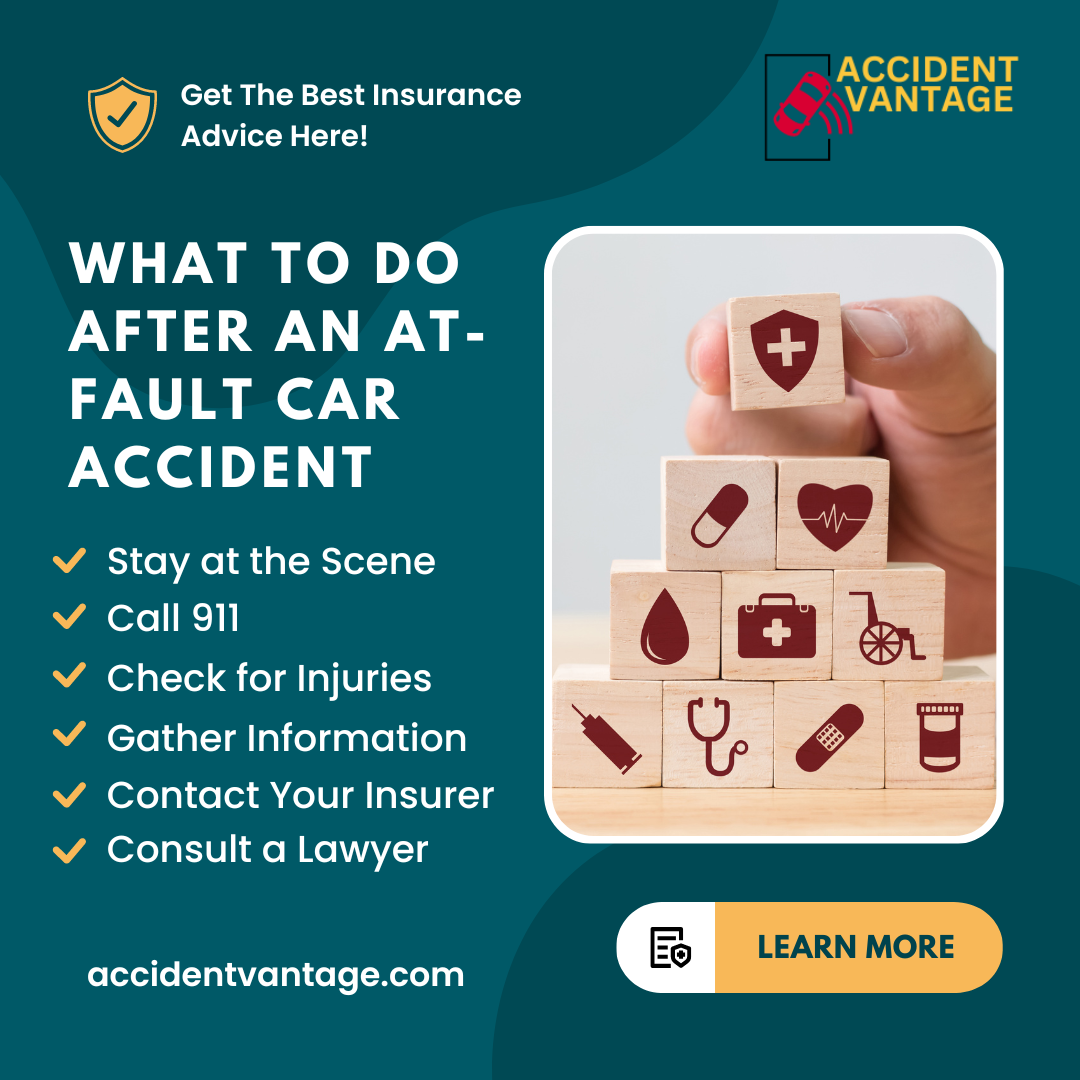
What To Do After An At-Fault Car Accident
Here are the steps to take after an at-fault car accident:
- Stay at the Scene: No matter who’s at fault or the type of accident, stay at the scene. If needed, move vehicles to a safe spot.
- Call 911: Report the accident to the police for investigation and emergency assistance if injuries are severe.
- Check for Injuries: Help injured individuals and call for medical help if required. Remember, injuries may not be immediately obvious.
- Gather Information: Exchange insurance and contact details with other drivers. Take pictures and notes to preserve critical details.
- Contact Your Insurer: Inform your car insurance company about the accident, as Florida’s no-fault law covers some expenses regardless of fault.
- Consult a Lawyer: Get in touch with a car accident attorney from the scene. They’ll guide you legally and help you avoid potential issues.
Remember, these steps are crucial in adhering to the law and safeguarding yourself after the accident.
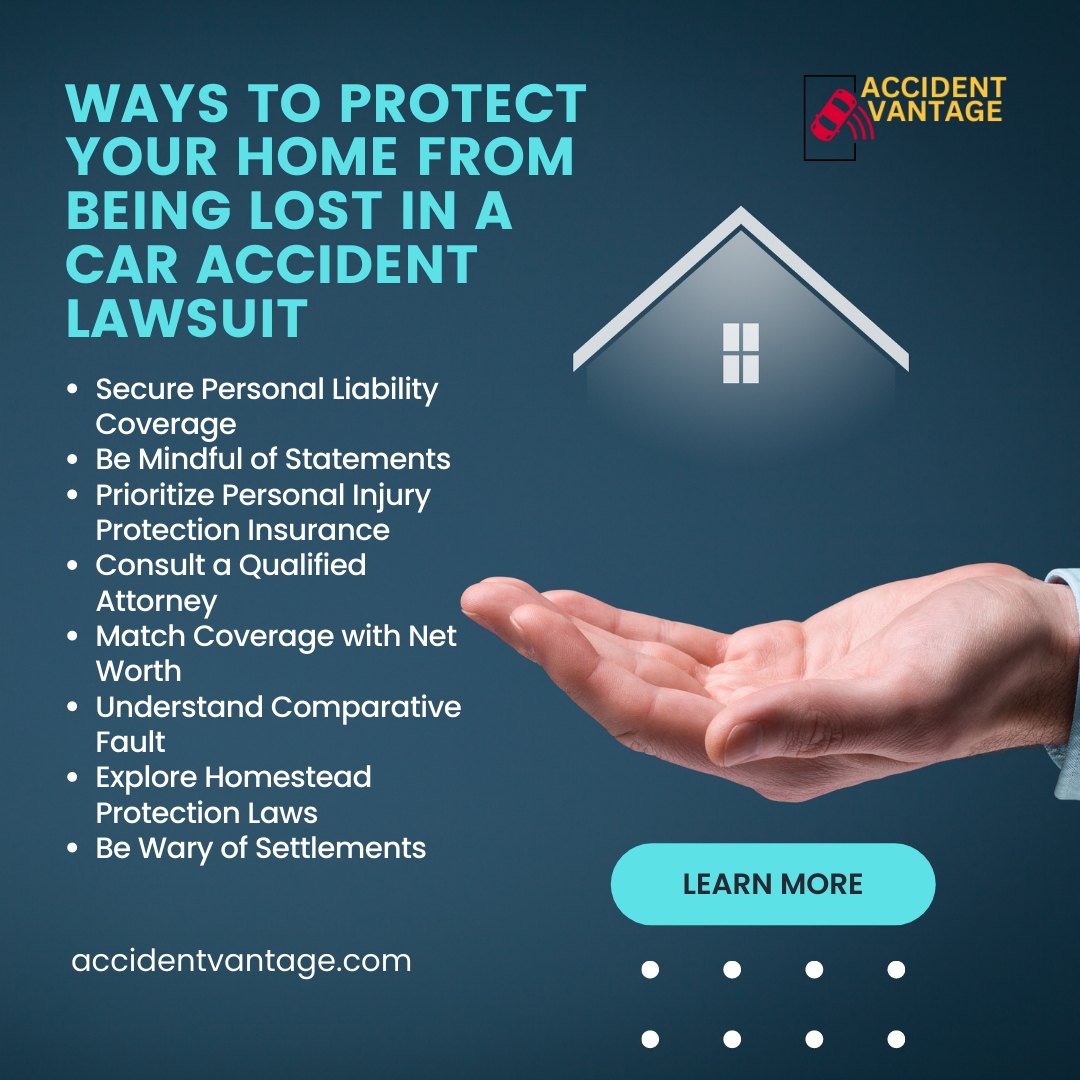
Ways to Protect Your Home from Being Lost in a Car Accident Lawsuit
The thought of “Can I lose my house due to an at-fault car accident” can be distressing. However, there are steps you can take to help safeguard your home and assets in the event of such an unfortunate circumstance. Here are key strategies to consider:
Secure Personal Liability Coverage:
Ensure your homeowner’s insurance policy includes personal liability coverage. This coverage can be a crucial shield, as it assists in covering financial damages if you’re found responsible for the accident. This coverage extends beyond car accidents to various situations where you could be held liable.
Be Mindful of Statements:
Be cautious about admitting fault or responsibility for the accident, especially at the accident scene or when interacting with other parties involved. Such statements can be used against you later in legal proceedings.
Prioritize Personal Injury Protection (PIP) Insurance:
Having sufficient Personal Injury Protection (PIP) insurance is a critical step in securing your financial stability. PIP insurance covers lost wages and medical bills, regardless of who is at fault. This coverage can prove invaluable in the aftermath of an accident, as it can cover settlements or judgments arising from potential lawsuits.
Consult a Qualified Attorney:
If you’re facing a lawsuit related to a car accident, seek legal counsel promptly. A qualified attorney specializing in personal injury and car accidents can guide you through the legal complexities, build a solid defense, and protect your interests.
Match Coverage with Net Worth:
Ensure that the liability coverage in your insurance policy aligns with your overall net worth, including the value of your home. Consider obtaining an umbrella policy if your assets significantly exceed your coverage limits. This additional coverage goes beyond the limits of your regular car insurance, providing an extra layer of financial protection.
Read more: Prom Night Car Accident: 2 Teenagers Died In Tuscaloosa Car Accident
Understand Comparative Fault:
Florida operates under a comparative fault system, where multiple parties can be assigned varying degrees of responsibility for an accident. Your liability could be reduced proportionately if you’re found partially at fault. For example, if you’re deemed 65% responsible, and the other party is 35%, your liability may be capped at 65% of the total compensation.
Explore Homestead Protection Laws:
Research the homestead protection laws in your state iyou’re wondering,”Can I lose my house due to an at-fault car accident”. Some states have laws that safeguard a portion of your home equity from creditors, which can include damages awarded in lawsuits. While the scope of protection varies, understanding these laws can offer insight into potential safeguards for your home.
Gather Comprehensive Evidence:
Your attorney will conduct a thorough investigation of the accident, collecting evidence like witness statements, photos, and video footage. This evidence can be used strategically to mitigate liability by establishing shared fault or supporting your version of events.
Document the Accident Scene:
Collect thorough documentation of the accident scene, including photographs, videos, and notes. This evidence can serve as a valuable support in establishing the circumstances of the accident and your position.
Be Wary of Settlements:
In some cases, settling outside of court might be a viable option. However, consult your attorney before entering into any settlement negotiations. Accepting a settlement without understanding the potential implications could jeopardize your financial security.
Explore Asset Protection Strategies:
Collaborate with your attorney to identify vulnerable assets and devise protection strategies. Depending on your circumstances, this could involve filing a financial affidavit demonstrating the potential hardships of paying a judgment. This approach can help convince the court to consider alternatives to asset seizure.
Regularly Review and Update Coverage:
Review your insurance coverage with your provider. As your financial situation evolves, make sure your coverage adequately reflects your assets and potential risks.
Maintain Good Driving Practices:
Prevention is key. Adhering to safe driving practices and obeying traffic laws can significantly reduce the likelihood of being involved in a car accident in the first place.
Remember, just like “Can I lose my house due to an at-fault car acciden” every situation is unique, and your steps will depend on various factors, including your specific circumstances, local laws, and the extent of your liability.
Consulting a legal professional who specializes in personal injury law can provide personalized guidance tailored to your situation, helping you make informed decisions to safeguard your home and assets.
The Bottom Line
The question, “Can I lose my house due to an at-fault car accident?” is somehow complex. The possibility of losing your house due to an at-fault car accident hinges on multiple factors. While it’s not an outcome set in stone, taking proactive steps such as seeking legal counsel, staying informed about insurance options, and grasping the specifics of liability can offer a sense of security and clarity in an otherwise uncertain situation.
If you face such a situation or wonder, “Can I lose my house due to an at-fault car accident”, consulting with legal professionals can provide the guidance needed to navigate the intricate landscape of liability and asset protection.
Frequently Asked Questions – FAQs
What Assets Can Be Taken In A Car Accident Lawsuit?
Assets encompass everything valuable that you own. While homes and cars come to mind, assets also include investments, collectibles, bank funds, and digital holdings like cryptocurrencies. If deemed at-fault in an accident, some of your assets could be seized to cover judgments. Your homestead may be protected, but vehicles and other assets could be repossessed and sold. Creditors might also place liens on your assets until debts are resolved.
Can You Lose Your House Due To An At-Fault Car Accident?
Florida safeguards homeowners at fault in car accidents through homestead exemption rules. Your property may be shielded based on location and other factors. Discussing the homestead exemption with your car accident attorney is crucial for ensuring your home’s protection after an accident.
Is New York State a No-Fault Accident State?
Yes, New York operates under a No-Fault law for auto accidents. Lawsuits can be pursued for economic losses beyond No-Fault benefits and non-economic damages, provided a “serious injury” is sustained, as defined by Insurance Law.
Are There Limits To How Much A Person Can Sue For After A Car Accident?
Car accident plaintiffs can seek economic, non-economic, and, in some cases, punitive damages. Monetary damages cover expenses like medical bills and have no cap in Florida. Non-economic damages compensate for pain and suffering with no set cap. Punitive damages, meant to penalize negligence, may be capped at $500,000 or three times the combined economic and non-economic damages.
What Happens If Someone Sues You For More Than Your Car Insurance Covers?
Despite insurance coverage, at-fault parties remain responsible for judgments exceeding coverage. Your insurance pays up to the limit, and you must cover the rest.
What If I Am Sued For More Than My Insurance Coverage?
Insurance covers up to the specified limit. If a judgment exceeds this, you may need to make additional payments. Unprotected assets could be pursued, and legal consequences might arise for insufficient PIP insurance.
What Happens If Someone Sues You For More Than Your Insurance Covers in Delaware?
Your insurer pays up to the bodily injury limit. You could face a personal lawsuit for the excess if sued for more. It’s essential to have sufficient auto insurance coverage.
Can I Be Personally Sued After A Car Accident?
While Florida’s no-fault status restrains some car accident lawsuits, you can still be sued if found liable for an accident.
Can Someone Sue You and Take Your House in Texas?
Texas offers homestead exemptions to protect primary residences in lawsuits, making it challenging for creditors to seize homes.
Can I Be Sued If Insurance Settles Or Pays?
Insurance settlements typically end the right to sue. Lawsuits arise if settlements fall short of the victim’s perceived compensation.
